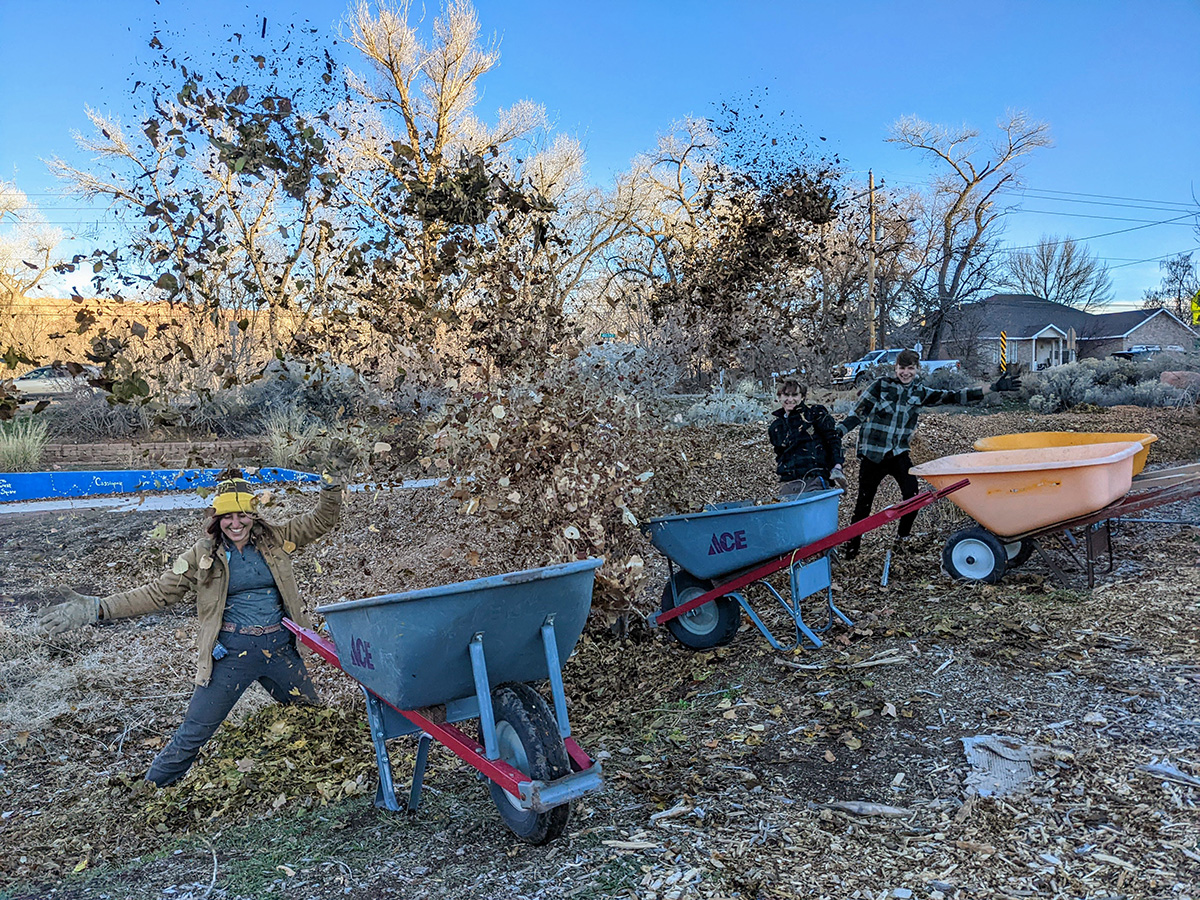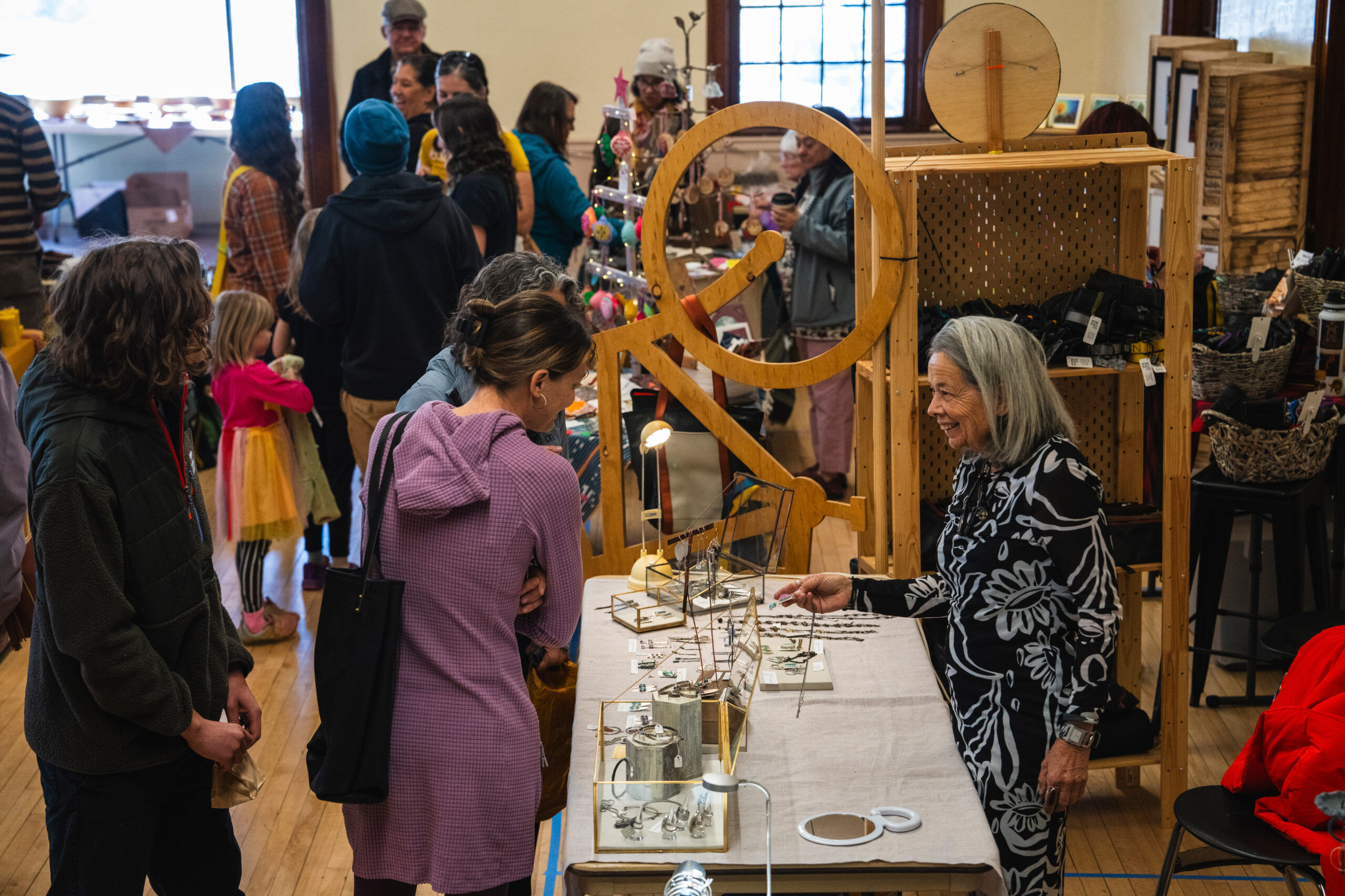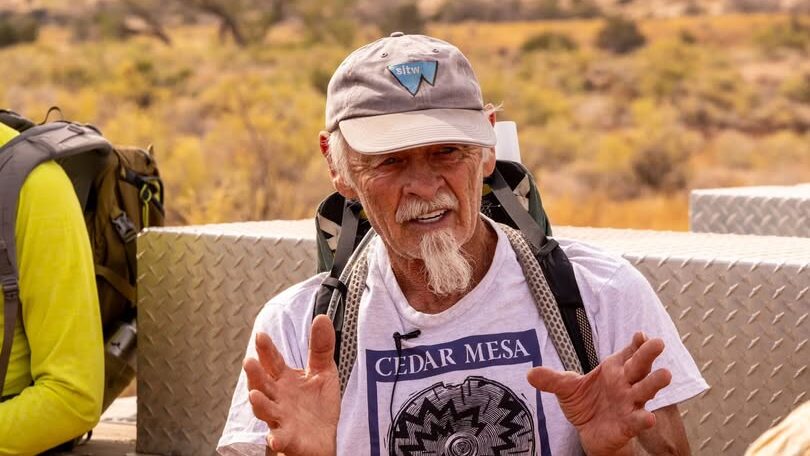Some information may be outdated.
Emily Roberson has spent countless days working with local students who visited the Youth Garden Project, but something one student said to her stuck out in particular. The high school-aged volunteer told Roberson that in the midst of the pandemic and all the challenges it presented, the garden—and the work he did within it—was a space where he could feel calm and at peace. It was a place where he could give back to the community, too.
“That was really meaningful to be able to offer that to students,” Roberson, who recently stepped into the executive director role at the local nonprofit, said. “Especially in a time when more things are happening online, I think it’s really, really important to provide engaging experiences for people of all ages to do hands-on, meaningful work.”
The organization released its 2021 YGP Community Impact Report, prepared by Roberson and the previous executive director, Kaitlin Thomas.
In its 25th year, YGP set new records for how they served students at the local schools: the organization hosted 793 students from pre-K to sixth-grade and 457 middle and high school students, taught a class in Greenhouse Management for two periods per day, and hosted 88 garden classroom field trips.
“As YGP ages and reconnects with its roots in its 25th year, we are notably guiding emerging adults to engage with agriculture and the food system; driving them to explore their micro and macro involvement with this work in their future communities,” the organizational report states.
“On the surface, we’re doing agricultural education. But it’s so much more than that,” Roberson said. “It’s connection, it’s inter-generational knowledge, it’s offering a safe and supportive space. We’re providing opportunities for these kids to take what they’re learning in the classroom and apply it in a very real-life setting, and know that we trust them to make decisions.”
Cara Grula, the agricultural science instructor and advisor of Future Farmers of America at Grand County High School, has been taking students to YGP since she started teaching at GCHS three years ago. The benefit in taking students to YGP is getting them out of the classroom and allowing them to do hands-on work, she said.
“I think hands-on learning is the best way to create meaningful learning,” she said. At YGP, students are able to create tangible results from what they work on, and they work together to do so—“while we’re working in the garden I see students have meaningful conversations to connect with other students or community members,” Grula said. “It’s really special to see them grow in a way that doesn’t happen in the classroom.”
One of the biggest changes Roberson has seen the garden go through since she was an intern in 2017 is its capacity, both with volunteers and with growing food.
“More and more people are getting engaged and are engaging on a weekly basis, like coming to every Weed n’ Feed,” she said. “There’s a lot of investment from our community in terms of volunteer hours people are putting in, which is really cool and certainly helps our mission.”
In a town as close-knit as Moab, almost everyone has heard of YGP and attended its events: the Weed n’ Feeds, pizza nights, garden dinners, and annual Harvest Festival every fall. In 2021, the garden also hosted 234 adult volunteers.
The capacity for growing produce has gone up too, Roberson said— online sales have increased and the garden has been reaching out to more local restaurants to sell produce. In 2021, the garden harvested over 7,000 pounds of produce and donated 1,500 pounds. Most of the harvest went toward the garden’s community-supported agriculture program, with the others going toward various programs, events and sales.
“I think that the direction that YGP has been going over the past several years is something that I’m really excited about,” Roberson said. YGP is a team effort, she said, with her role being to find the resources to fulfill long-term goals set by the organization’s board and staff.
The coming year is exciting for the organization—they’ll have two new full-time staff members, a farm manager and garden-based educator and farmhand, and will host two seasonal instructors.
“Something that I really want people to know is that the Youth Garden Project is a resource for the community,” Roberson said. “If people have visions and ideas for us that they want to share, we want to hear those. I think the more perspectives that we have aiding our growth and development as an organization, the better.”
Roberson also emphasizes that the garden is open to the public, free of charge. Anyone is welcome to stop by and explore: to wander through the chicken coop, to explore what’s growing, and maybe even take a bite of something fresh.
“I really love telling people that,” she said.
Appreciate the coverage? Help keep local news alive.
Chip in to support the Moab Sun News.





